 ———-
———-
Hellraisers Journal – Thursday April 14, 1910
Milwaukee, Wisconsin – Mother Jones on Girl Slaves of Brewery Plutocrats
From the Appeal to Reason of April 9, 1910:
It is the same old story, as pitiful as old, as true as pitiful.
When the whistle blows in the morning, it calls the girl slaves of the bottle washing department of the breweries, to don their wet shoes and rags, and hustle to the bastile to serve out their sentences.
It is indeed true, they are sentenced to hard, brutal labor, labor that gives no cheer, brings no recompense. Condemned for life to drudge daily in the wash-room with wet shoes and wet clothes, surrounded with foul mouthed, brutal foremen, whose orders and language would not look well in print, and would surely shock over-sensitive ears, or delicate nerves!
And their crime? Involuntary poverty. It is hereditary. They are no more to blame for it than a horse is, for having the glanders. It is the accident of birth. This accident that throws so many girl workers into the urging, seething mass, known as the working class, is what forces them out of the cradle into servitude-to be willing (?)slaves of the mill, factory, department store, hell or bottling shop in Milwaukee’s colossal breweries.
Here they create wealth for the brewery barons, that they may own palaces, theaters, automobiles, blooded stock, farms, banks and heaven knows what all, while the poor girls slave on, all day, in the vile smell of sour beer, lifting cases of empty and full bottles, weighing from 100 to 150 pounds, while wearing wet shoes and rags; for God knows they can not buy clothes on the miserable pittance doled out to them by their soulless master class.


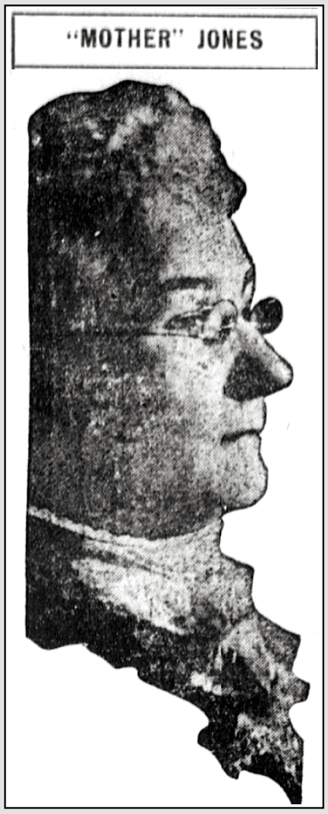
 ———-
———-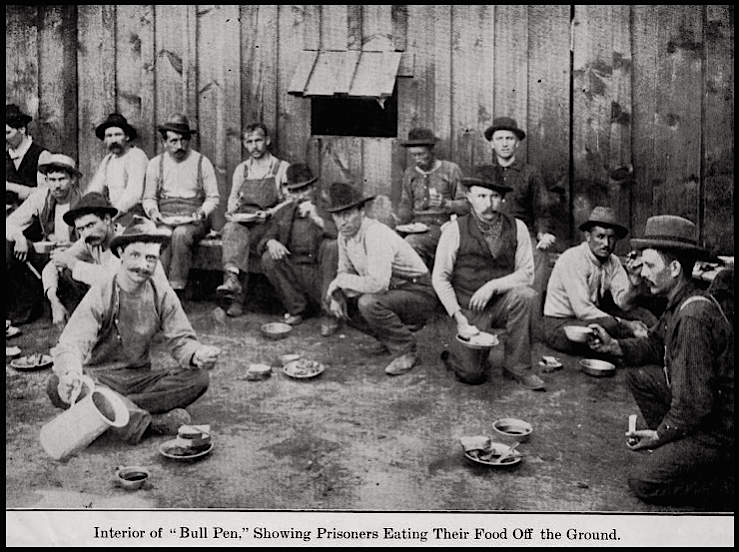 —–
—–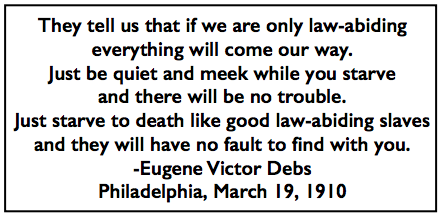 ———-
———-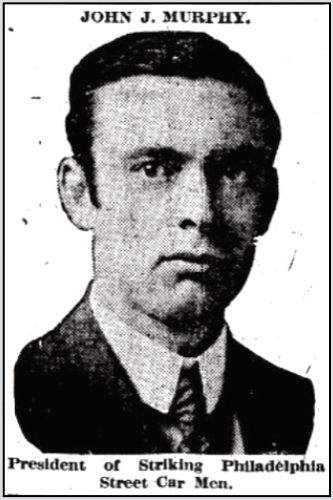
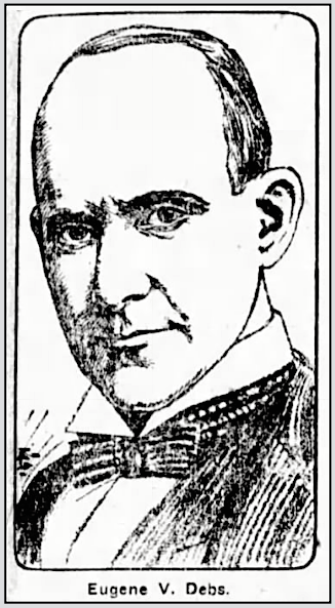
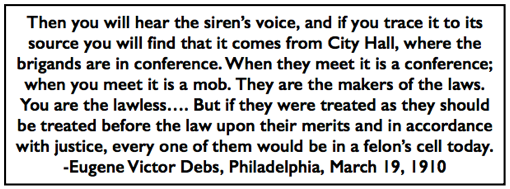 ———-
———-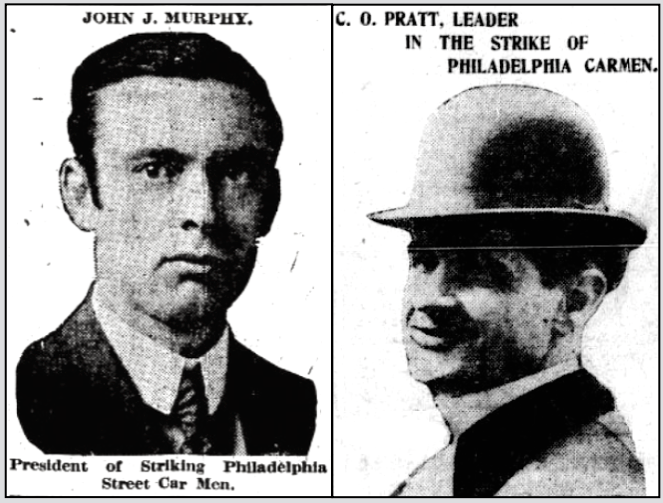 ———-
———-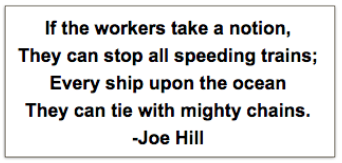 ———-
———-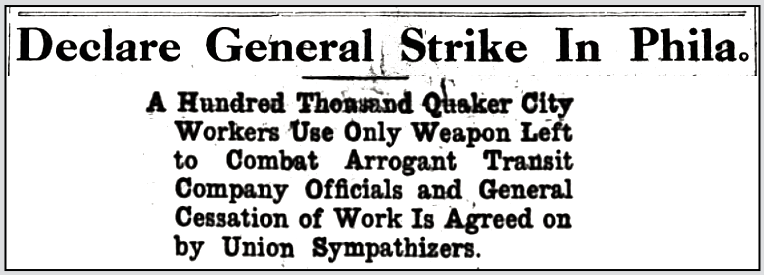
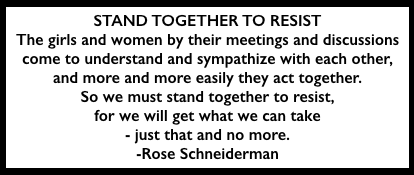 ———-
———-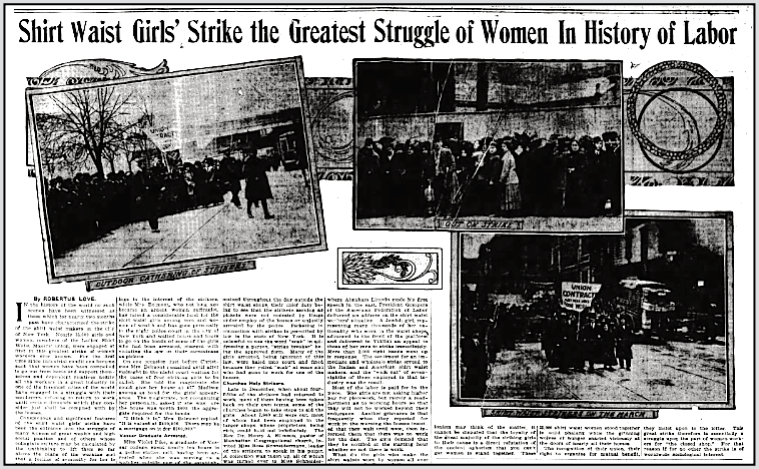 —–
—– ———-
———-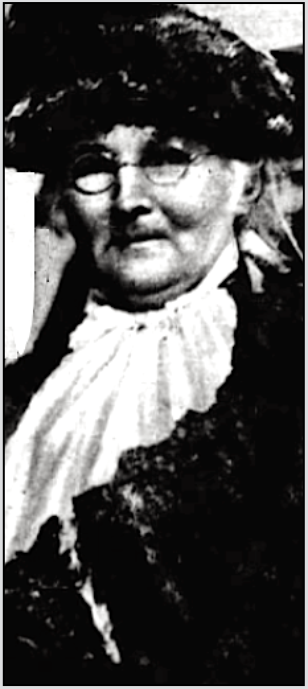
 ———-
———-